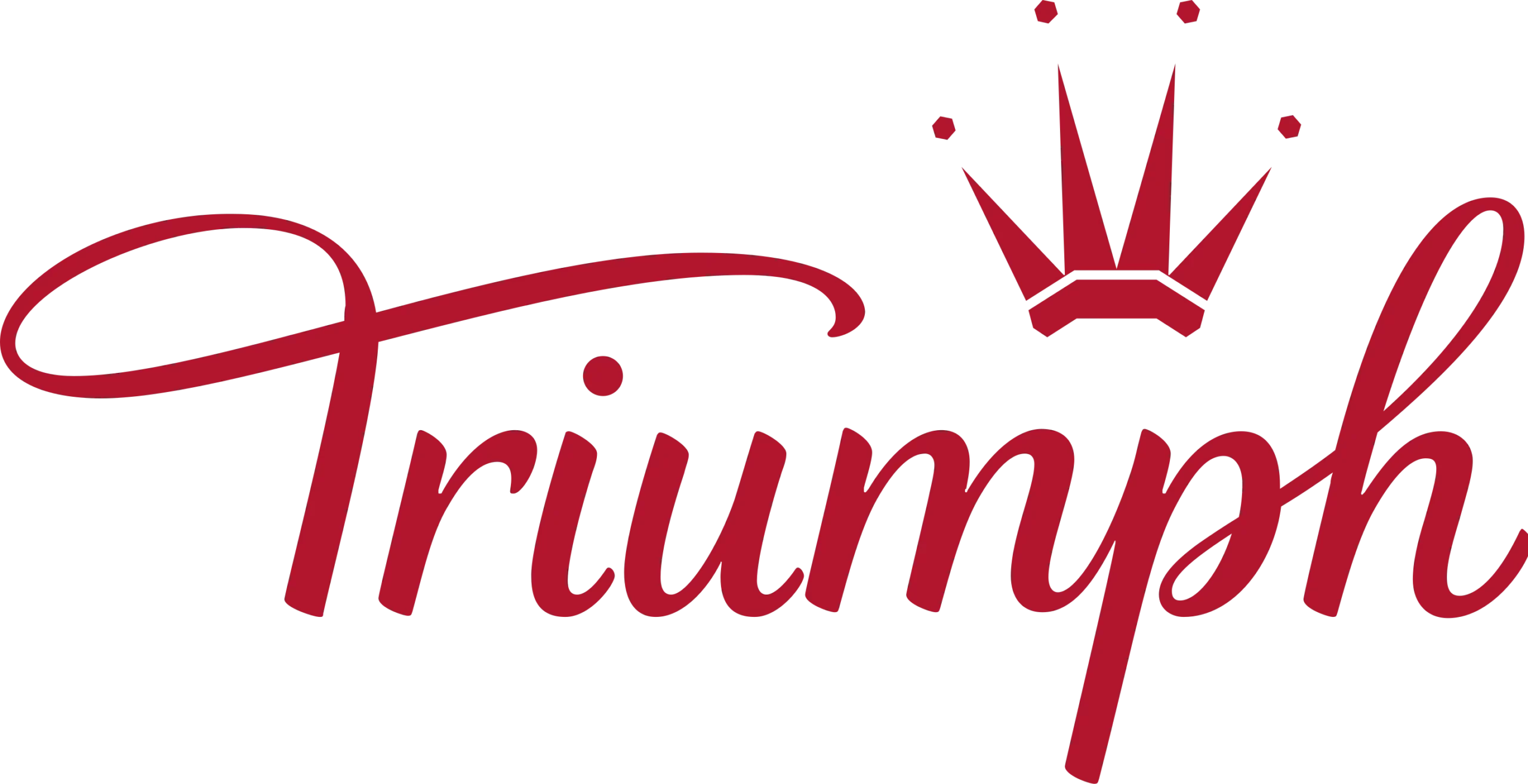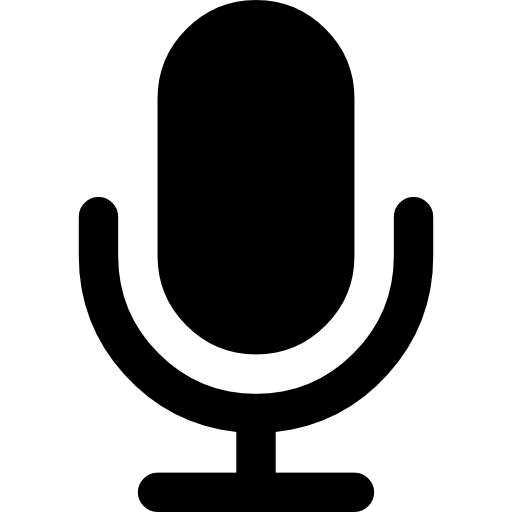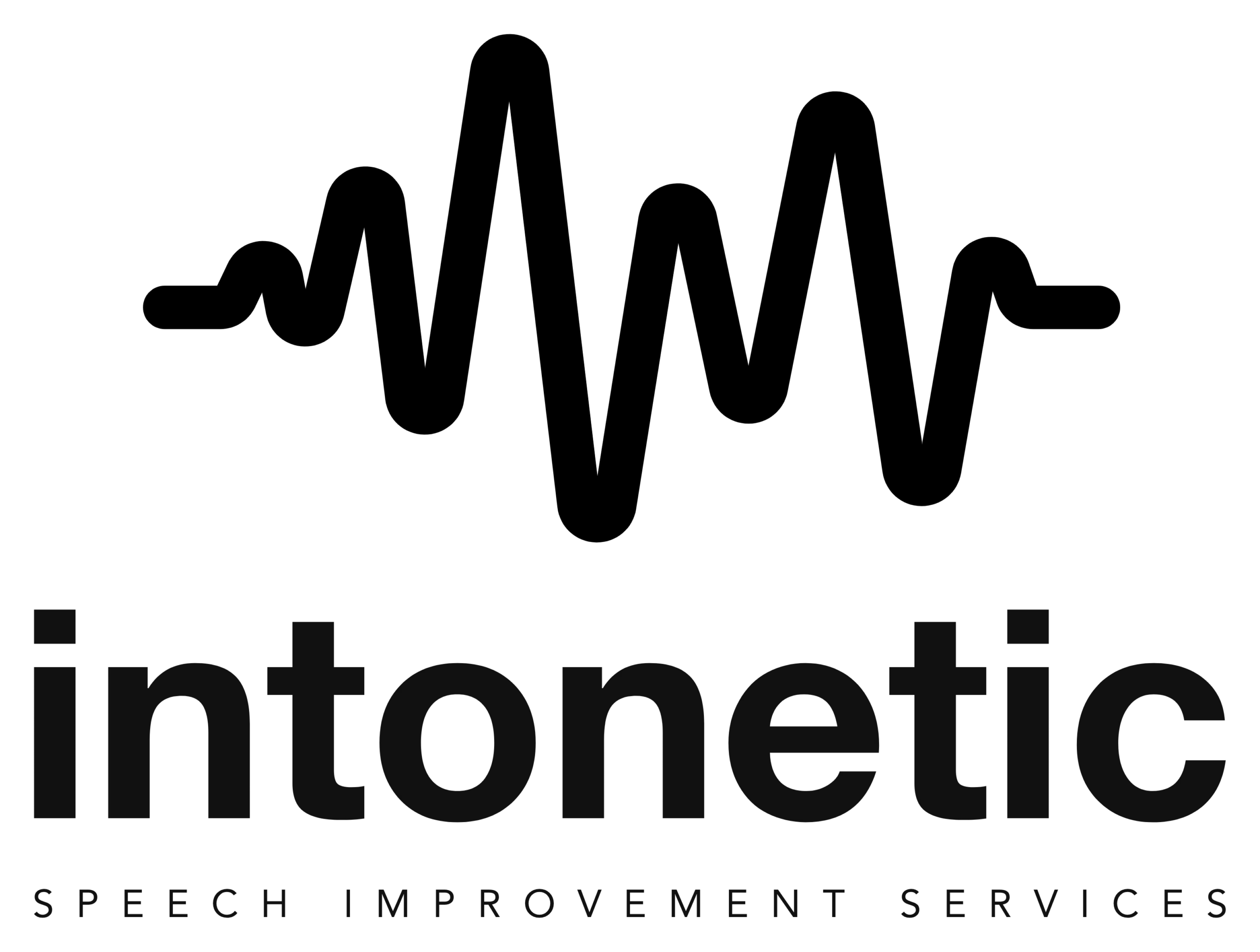Accent Coaching for Doctors
Speak Clearly. Build Trust. Deliver Care with Confidence.
Strengthen your professional presence with our personalized accent reduction program – designed for physicians who understand that how you communicate is just as important as what you say.




Trusted by Doctors and Medical Professionals

Trusted by employees of:



Our students have seen:

Greater Patient Understanding

Improved Team Communication

Increased Confidence
The Frustrating Reality For Non-Native Medical Professionals

You’ve built expertise. You’ve earned credibility. But does your accent prevent others from fully recognizing your authority and care?
You’re explaining a diagnosis or treatment plan during rounds or a case review, but instead of engagement, you hear:
“Sorry, could you repeat that?”
Or worse – polite nods followed by clarifications from others, as if your words carried less precision despite your expertise.
As a physician, you’ve worked relentlessly to reach this level. Your communication should reflect that.
The Unseen Hurdle for Global Healthcare Professionals
Many accomplished doctors, specialists, and researchers – especially those working in international teams or English-speaking hospitals – experience these communication challenges:

Accent reduction isn’t about changing who you are... it’s about making sure your message and empathy come through clearly, every time.
What Accent Reduction Means for Doctors
A neutral accent is simply another advanced communication skill – like bedside manner, diagnostic precision, or presentation skills.
Accent modification uses the same learning principles as any clinical training: identify the pattern, apply correction, repeat for mastery.
Just as you’ve mastered surgical techniques, clinical reasoning, or patient interviews, you can master this communication skill with the right method.
Our standard program spans 12 weekly sessions, providing a structured foundation for accent improvement.

The Science Behind Your Accent
Your accent is simply muscle memory. As you picked up your first language, your brain learned how to move your jaw, lips, and tongue to form sounds. These movements became so automatic you don’t even think about them.
English has its own unique movements, just like any other language. The problem is, your brain is defaulting to what it already knows – your first language’s patterns.
This is the same muscle memory that helps you perform procedures with precision — only now, it’s in your face.
The good news: muscle memory can be retrained at any age with the right approach.
The Intonetic Method for Medical Professionals
My approach is designed specifically for doctors and medical professionals who need efficient, measurable results.

1
Identify the Sounds that Hold You Back
We’ll analyze your speech to identify which of the 44 sounds in English affect your professional communication.
Most physicians I work with focus on 10–12 key sounds — enough to make a noticeable difference when communicating with patients, colleagues, and supervisors.
2
Create a Personalized Plan
Your plan will prioritize the specific sounds that may help you progress efficiently — so you can speak clearly in patient consultations, handoffs, and interdisciplinary meetings.
3
Build New Muscle Memory
You’ll practice target sounds hundreds of times per week, reinforcing the muscle memory needed for clear and confident medical communication.
What Many Doctors Experience
When they commit to the process, our clients typically:
100% online, without commuting. Efficient, flexible, and designed for busy medical professionals.

Featured On
I’ve Helped Many Students Over The Last 10 Years!
I’m Nikola, and I’ve worked with thousands of non-native English speakers—including doctors, healthcare executives, researchers, and entrepreneurs—to create a flexible coaching program designed for professionals seeking meaningful improvement.
Don't take my word for it!
Accent training focuses on communication skills and cannot guarantee career advancement, workplace recognition, or professional outcomes. Success depends on your effort, consistent practice, and application of techniques learned. These testimonials represent individual experiences and may not be typical results.
What You Get From The Intonetic Method
Personalized Accent Evaluation
Tailored Practice Blueprint
On-the-Go Audio Training
12 One-on-One Accent Coaching Sessions
Final Progress Review
Conversational Style Sessions
AI Tongue Twister Prompts
Weekly Accountability Voice Check-ins
Are We a Good Fit?
We’re a great fit if…
However, you’re probably not a good fit yet if…
Questions Doctors Ask Before Joining
How quickly will I see improvements in my communication?
Many doctors notice improvement within the first few sessions. Colleagues and patients often comment on greater clarity. The full transformation typically takes 8–12 sessions, depending on your starting point and consistency.
Will this help me sound more authoritative and empathetic?
The Intonetic Method can help you sound more empathetic and authoritative, as it includes techniques for stress, intonation, and rhythm that improve not just clarity but the tone of care and authority that patients respond to.
How is your approach different from standard accent reduction?
While many programs offer generic tips, The Intonetic Approach is 100% personalized to your individual needs and sound patterns. AI apps often misidentify problem areas; human precision matters when communication affects patient understanding.
Can we focus on specific medical communication scenarios?
Yes, we tailor sessions to your clinical reality—patient explanations, case presentations, and telemedicine. We can even practice with your own scripts or presentations to ensure natural fluency.
How confidential is the process?
Completely confidential. All sessions are conducted securely online, and materials remain private. Many healthcare professionals choose Intonetic for its discretion and flexibility.
My schedule is unpredictable. Can this work with hospital shifts?
Yes. The program is designed for demanding medical schedules. Sessions are virtual and can be scheduled early mornings, late evenings, or weekends. Many doctors train between shifts or during call breaks and still see strong progress.


